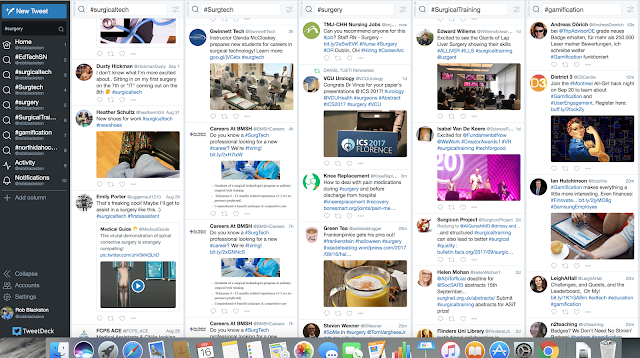Tips for a Positive Digital Footprint
I'm just going to say it, my digital footprint is important to me. In casual conversation you will hear me say, "I don't care what people think of me". This is definitely true but why would I knowingly give people a reason to doubt my integrity or morals. I think that having a positive and secure digital footprint can be a valuable representation of who you are. I really try to keep my digital footprint as professional as possible. To provide myself and others a guide to creating or keeping a positive digital footprint, I have created a presentation in Google Slides. This presentation outlines 10 tips that I feel are important in keeping your online identity secure and representative of a professional. Please feel free to leave comments.

